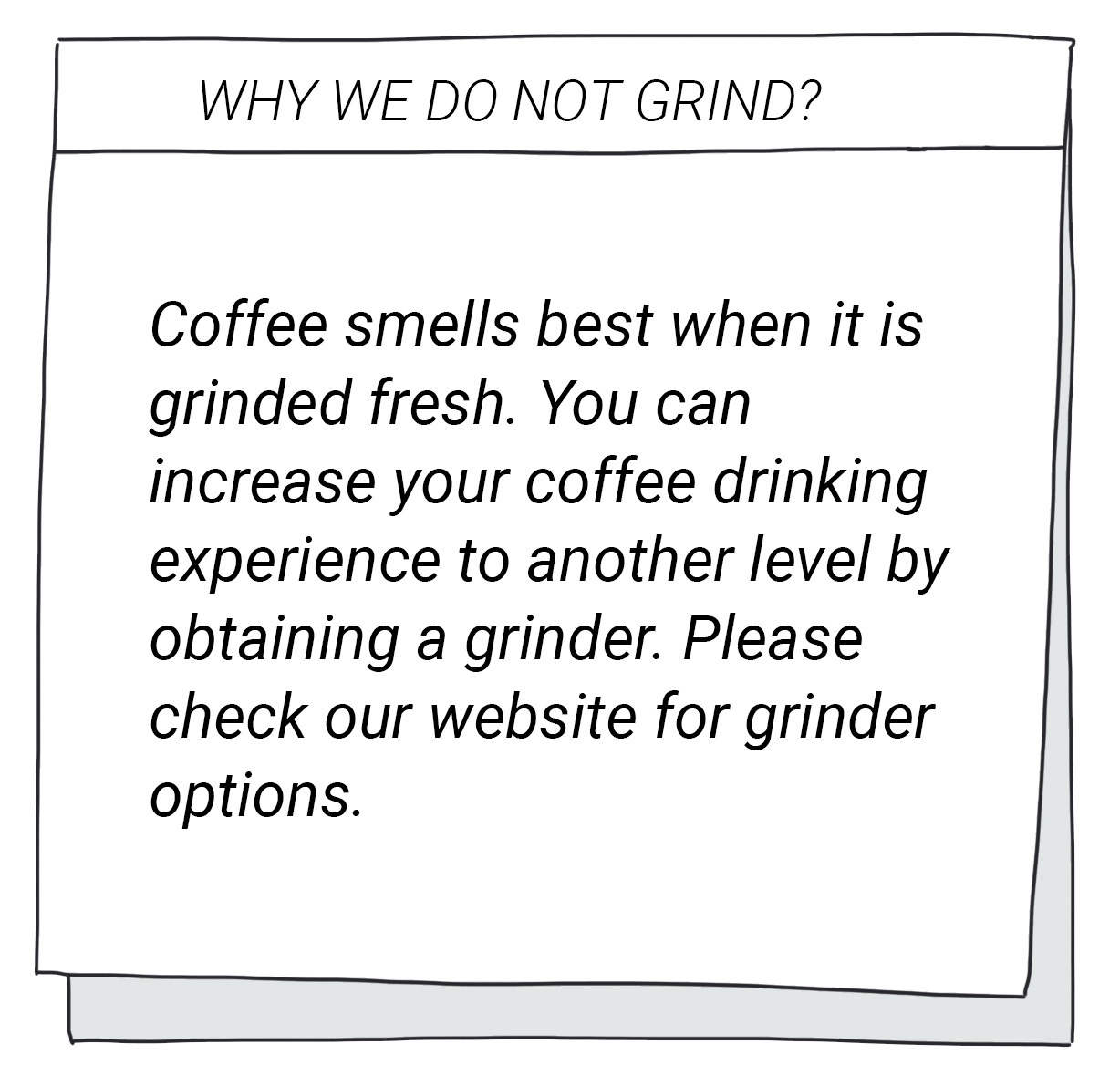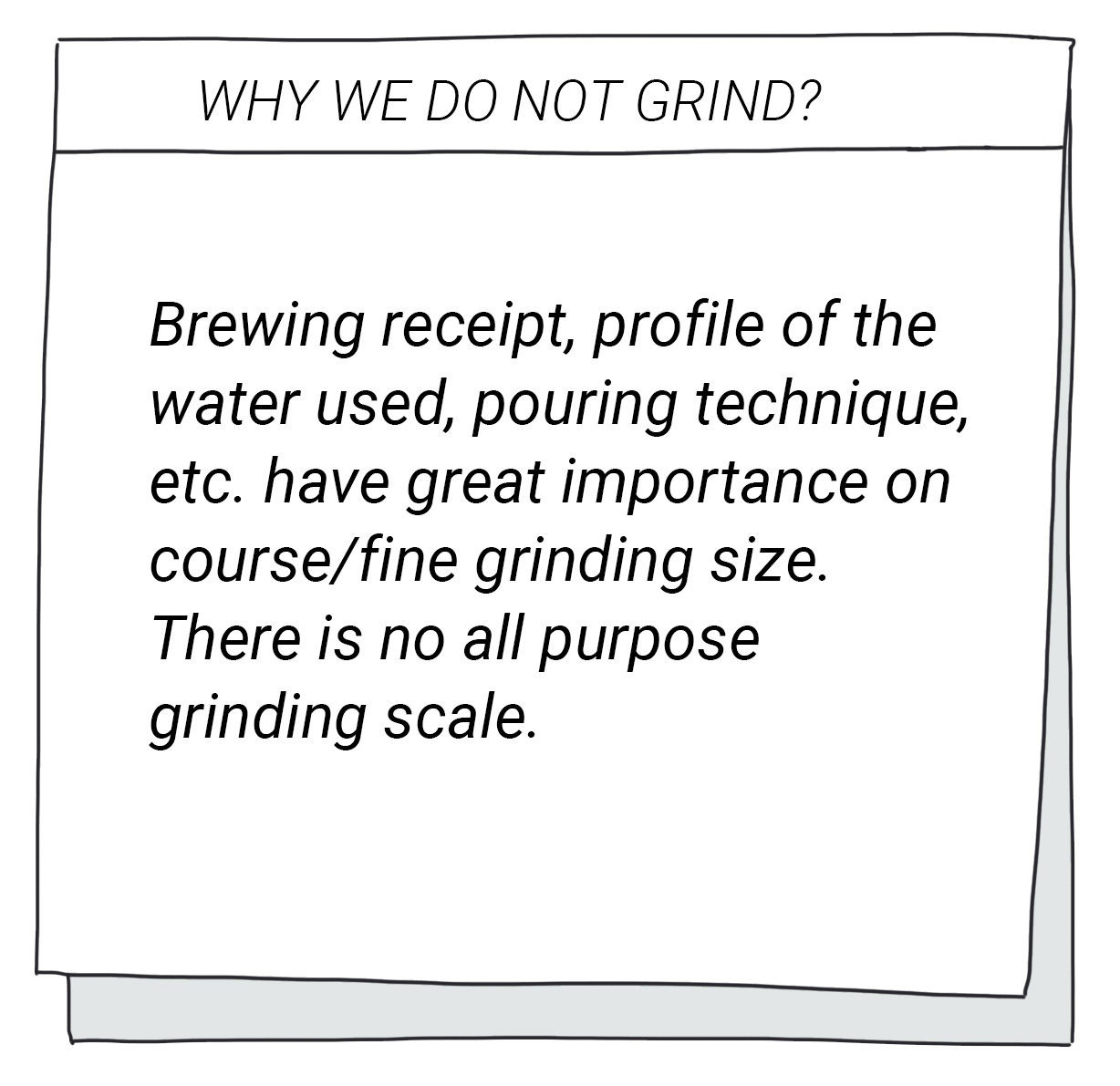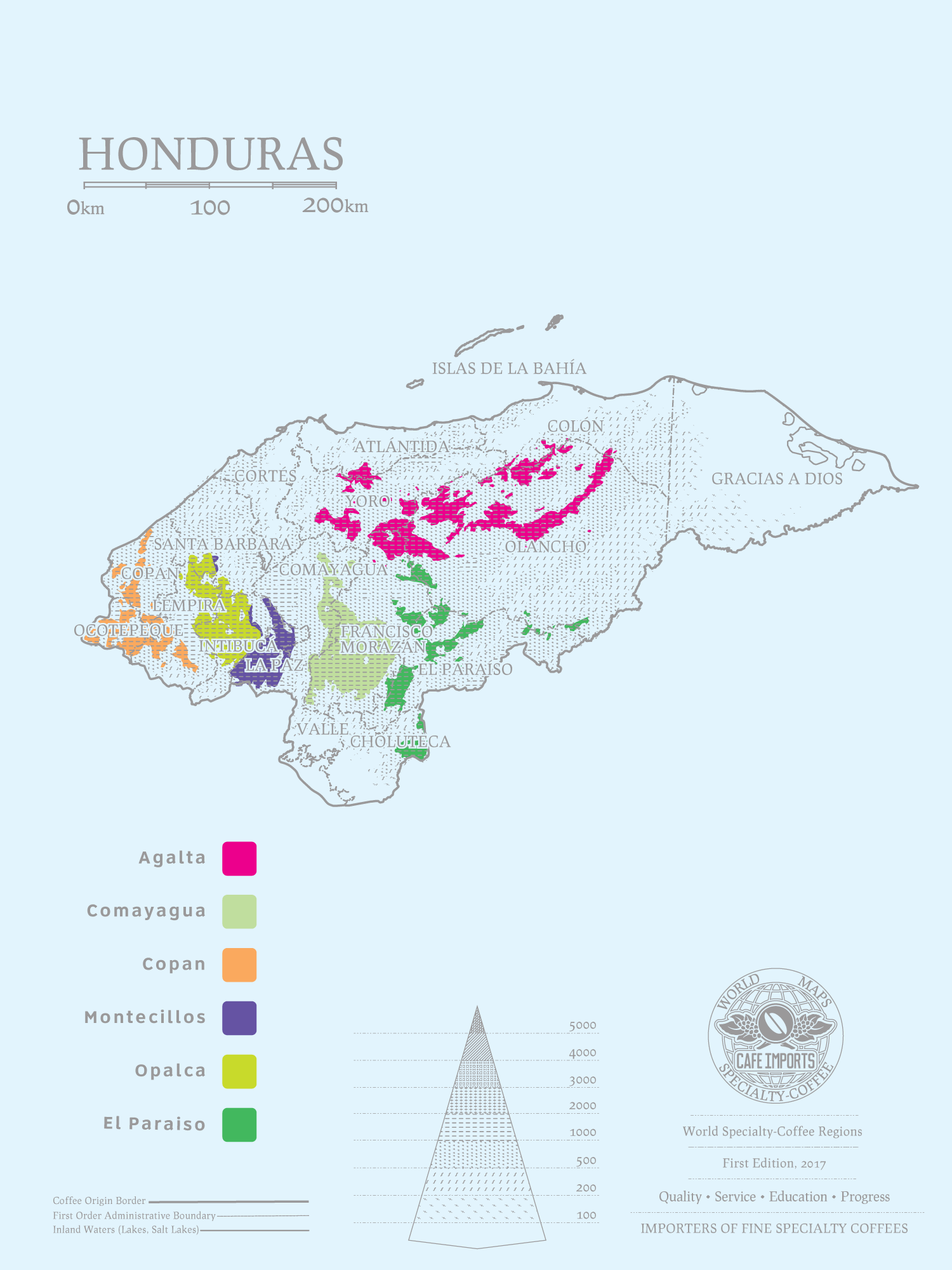0
CHECK THE PRODUCTS
Country: Honduras
Region: Montecillos, La Paz
Farmer: Mario Samuel Mejia Rodriguez
Farm: El Jardin
Variety: Caturra, Catuai
Processing: Natural Anaerobic
Harvest: 2024-2025
Espresso/Demleme
250 gr Whole bean :
1kg whole bean :



Bir Kavurmacının Yeraltından Notları: chocolate, roasted nuts, raspberry, alcoholic notes
Espresso/Demleme
HONDURAS EL JARDIN, NATURAL ANAERBIC
El Jardin was established in 1981 and Mario Samuel Mejia Rodriguez inherited it from his father. The family has 4 generations of coffee growers that now are interested in the production of high-quality coffees to achieve differentiated markets.
El Jardin is located at the altitudes of 1400 - 1650 m.a.s.l. in La Paz region in the South-Western part of Honduras near the Montecillos Reserve. The native Lenca inhabitants call this area “the site of the stone,” due to its mountainous terrain with thick jungle cover. La Paz has clay loam soils and a temperate climate, which causes the coffee plants to receive fewer daylight hours and therefore produce less volume, but of better quality.
Finca El Jardín has an area of 20 ha that produces high-quality 85+ coffees and an area of 12 ha that produces lower-quality coffees of 83 points. Besides coffee, they also grow avocados there. On the farm, they try to work in harmony with the environment by applying organic matter and chemical fertilizers as a nutritional supplement. For example, products of coffee processing are used as organic fertilizers. Besides they have implemented experimental plots using timber trees to improve water retention in summer and avoid soil degradation due to very heavy rains in winter.
Mario Samuel uses varieties of Brazilian origin with very good production and excellent cup quality as well as some of Salvadoran origin. The quality of the coffee is regularly controlled through tastings that are made for each dried lot.
Mario Samuel, yüksek verimliliğe ve mükemmel fincan kalitesine sahip Brezilya kökenli kahve türlerinin yanısıra El Salvador’a özgü bazı türleri de çiftliğinde ekmektedir. Kahvenin kalitesi, kurumaya bırakılmış her lot un sürekli ve tutarlı bir şekilde yapılan tadımlarla düzenli olarak kontrol edilir.

Perhaps unsurprisingly, the “origin” story of Honduras isn’t clear: Reports vary about when and how coffee first came to the country, though conventional wisdom puts the first noteworthy harvest year at 1804, in the Comayagua department. No matter when the plants were first brought here, they have played an increasingly significant role in the national economy since then—so much so that credit is largely given to coffee for preventing the national government from going bankrupt during financial crisis in 2009.
Established in 1970 (and privatized in 2000), the country’s Instituto Hondureño del Cafe (IHCAFE) has sought to improve the infrastructure that would encourage the development of higher-quality markets, as well as provide hardier varieties and technological advancements, especially to the many smallholder growers. The organization is also very involved in organizing and marketing the country’s Cup of Excellences competitions, which have brought a noteworthy increase in attention and credit given to the finest lots the producers here have to offer.

Despite lacking the “sexy” reputation of other Central American coffee-growing countries like Costa Rica, El Salvador, and Guatemala, Honduras has quietly become the bigger producer, exporting more volume than any other nation in the region, and the seventh overall in the world for exports. While there is certainly quantity coming out of Honduras, it can be harder to find truly quality coffees here, though, because the country lacks the infrastructure to support the more nuanced specialty market its neighbors enjoy.
The Central Bank of Honduras reports that coffee is the top agricultural export for the country, with about 6.1 million bags from the 2015/2016 harvest. Unfortunately, low prices and a reputation for lower quality (“blenders”) has prevented farmers from gaining the capital needed to invest in their varieties, husbandry, milling, or marketing.
Drying is a particularly difficult part of the processing chain that has limited Honduras’s breakthrough as a true specialty origin: Because of the climate, many producers are increasingly turning to fully mechanical drying, which certainly speeds up the drying process but can contribute to overall instability in the moisture content and water activity of the lots, which can result in quality concerns over time.
The prominence of quality competitions and high-profile auctions such as the Cup of Excellence has inspired larger and wealthier producers to plant new varieties, experiment with processing, and make improvements to their technique and infrastructure. Increased research and extension services by IHCAFE has also contributed to heightened awareness of the specialty-coffee market among Honduran producers, and there is continued potential as media and social media attention increases on the nation.
